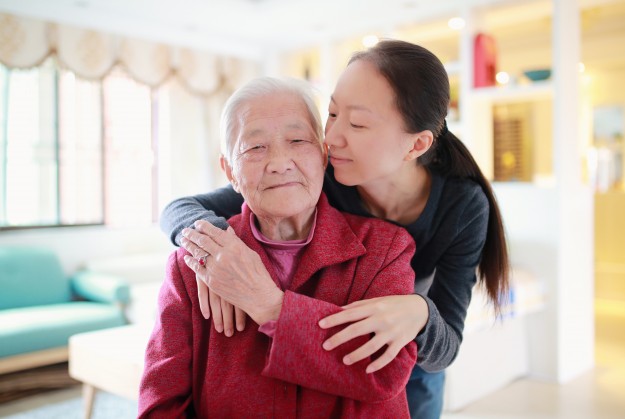In the past 25 years or so, U.S. health care has changed dramatically — expanding from the limitations of hospital-based care to an integrated system that includes clinics, hospitals and home-based care.
Johns Hopkins was on the vanguard of this new clinical delivery model, creating a home care division in 1992. Today, we see home care as one of the next important innovations in health care. This is a vital component of our continued emphasis on patient-centered care.
The Asia Pacific Healthcare Group also recognized home care as an important shift in health care delivery and came to Johns Hopkins with the hopes of support from our intellectual capital, experience and human capital to develop similar models of care. Thus began our affiliation in February 2017.
Interest in home care is growing as patients come to understand they don’t have to be in the hospital for every part of their care journey. Why be bound to a hospital bed when you can recover safely and comfortably at home, close to family and friends?
As health care professionals around the world develop and implement new models for coordinating care, it’s important that they start by asking what’s best for the patient. Being constrained to one geographic location is not the only — and not even the best — way to care for patients. We need to design our health care systems around our patients, and the home is part of that.
We at Johns Hopkins are always enthusiastic about finding international colleagues like Asia Pacific Healthcare Group who want to help improve the care of their patients wherever they live. When we find likeminded international collaborators, we take a two-direction approach in our work on home care projects.
First, we understand our affiliate’s health care system needs and practices, and we uncover any obstacles to what we consider to be good coordinated care. Our experts go to our affiliate’s location and embed themselves to understand what it’s like to be a patient in that environment.
Second, it’s also important that our affiliates come to Johns Hopkins to understand how we create a seamless continuum of care for our own patients. We can create a customized home care model that incorporates Johns Hopkins best practices, while also creatively addressing our affiliate’s unique challenges.
The flow of health care from the home to the hospital and back again is the future of health care internationally. At Johns Hopkins, we are happy to be able to share our 25-plus years of experience in this dimension of health care to create better, patient-centered models of home care.
